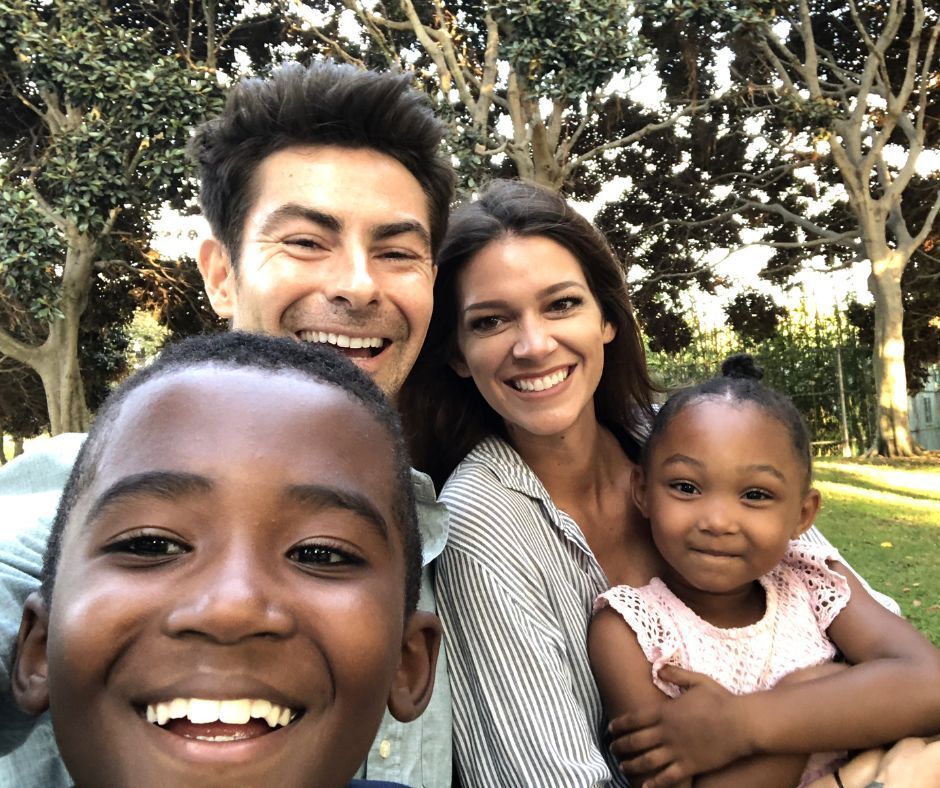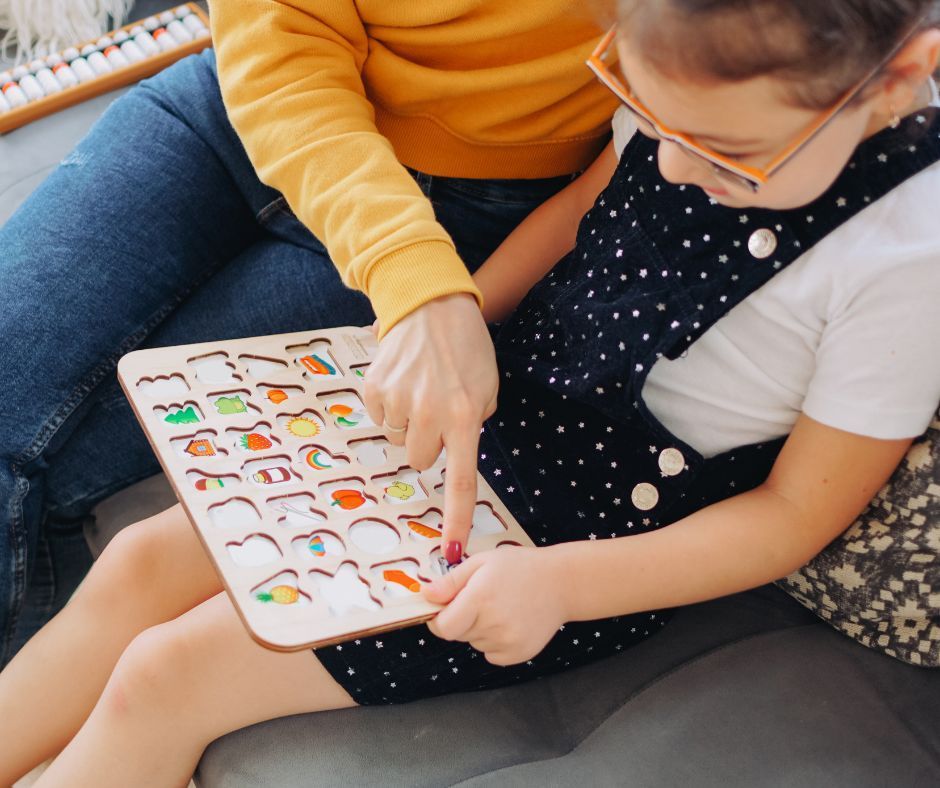"That’s such an important (and painful) question.
When a trauma-impacted child rejects a parent—whether through words, behaviors, or distance—it can cut deeply. But it’s also a survival strategy on their part, rooted in fear and hurt more than in their true feelings.
Here are some practical tips to manage it, both emotionally and relationally:
1. Reframe the Rejection
Remind yourself: “This is not about me—it’s about their trauma.”
A child who pushes you away is often testing whether you’ll stay, or bracing themselves against loss. Rejection is a shield, not the truth of their heart.
2. Don’t Take the Bait
It’s tempting to argue back, plead, or over-explain when they say, “You’re not my real mom” or “I hate you.”
Instead, respond calmly and briefly: “I hear you. I’ll be here when you’re ready.”
Your consistency, not your defense, speaks louder than words.
3. Anchor Yourself Elsewhere
Rejection hits hardest when your entire sense of worth is tied to your child’s acceptance.
Build a strong support system—friends, church, support groups, or therapy—so you don’t carry the rejection alone.
Practice self-care and spiritual grounding so you can return to your child with steadiness, not desperation.
4. Stay Consistent in Care
Trauma says: “Everyone leaves. Love can’t be trusted.”
Every time you cook the meal, show up at the game, tuck them in, or simply stay near—even after rejection—you’re writing a new story in their nervous system: “I’m not leaving.”
Consistency over time builds safety.
5. Pick Battles Wisely
Sometimes rejection shows up as defiance or constant conflict. Don’t turn every moment into war.
Like we discussed with David and Solomon—build your “house” with peace where possible. Hold firm boundaries on essentials, but let go of unnecessary fights.
6. Name the Pain Safely
Depending on their age, you can gently name what’s happening:
“It seems really hard for you to let me close right now.”
“I think you’re afraid I might leave too.”
This shows you see beneath the behavior without shaming them for it.
7. Play the Long Game
Healing from trauma is not quick. Rejection today doesn’t mean rejection forever.
Often, adult adoptees or trauma survivors look back and realize the parent who “stayed anyway” was the one who built the deepest bond."












